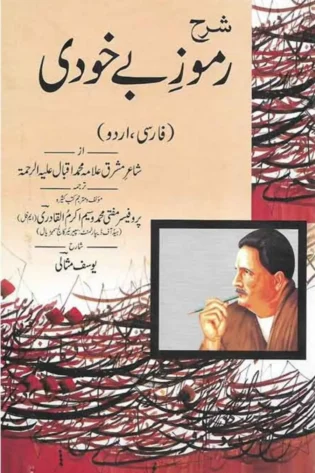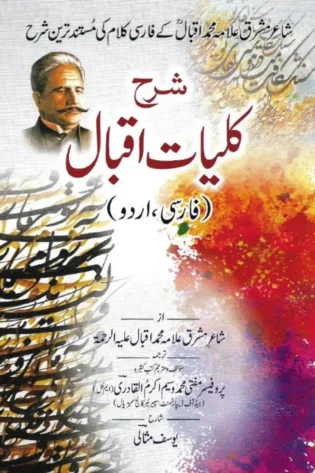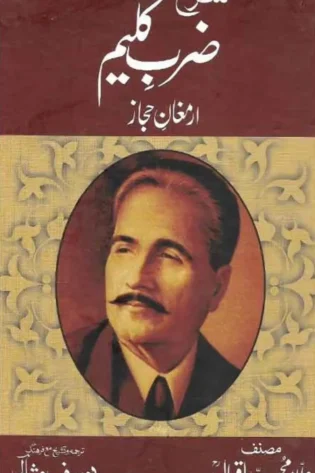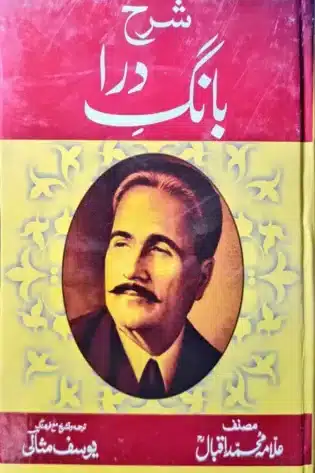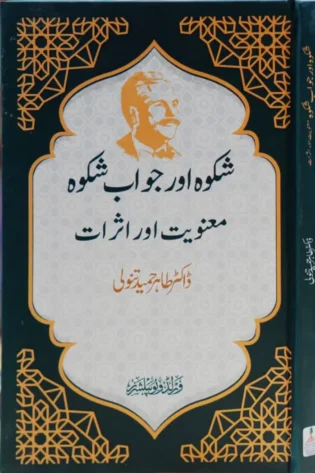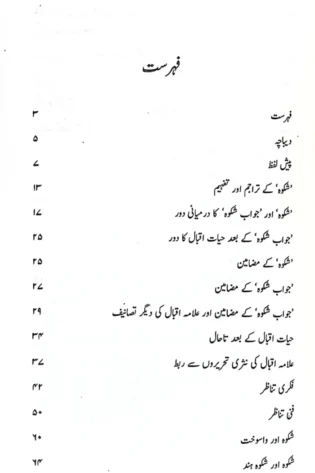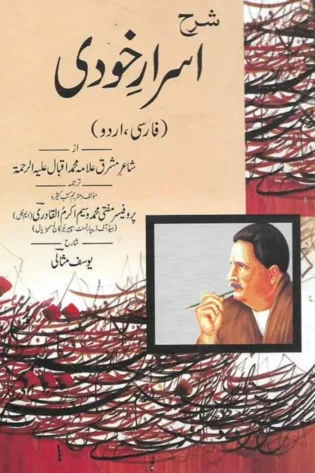- Your cart is empty
- Continue Shopping
Allama Iqbal
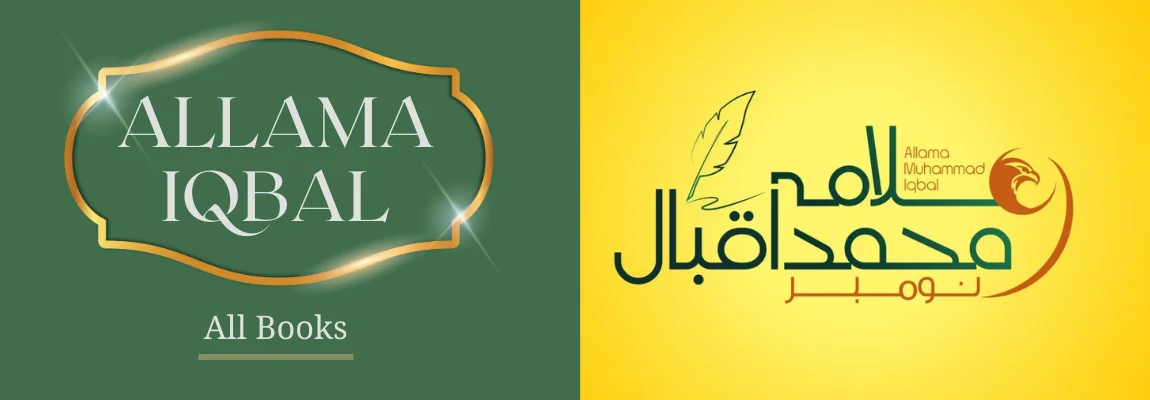 Sir Muhammad Iqbal, known as Allama Iqbal, was a renowned philosopher, poet, and politician in British India. Born on November 9, 1877, and passing away on April 21, 1938, he is considered a prominent figure in Urdu literature and is known as the “Poet of the East.” He was also hailed as a Muslim philosophical thinker of modern times. Iqbal’s literary works spanned both Urdu and Persian languages, and he is highly regarded for his Persian poetry. His significant contributions include poetry books like “Asrar-e-Khudi,” “Rumuz-i-Bekhudi,” “Bang-i-Dara,” and “Zarb-i Kalim.” Iqbal pursued higher education in the West, influenced by his philosophy teacher, Sir Thomas Arnold. He earned a doctorate in Germany and focused on writing poetry in Persian, which he found to be an ideal medium for expressing his thoughts. His works centered on the spiritual development of society, influenced by Western philosophers like Nietzsche and Bergson. Iqbal also played an active role in political and social affairs, and his impact on Pakistan’s national identity earned him the title of “The Inceptor of Pakistan.”
Sir Muhammad Iqbal, known as Allama Iqbal, was a renowned philosopher, poet, and politician in British India. Born on November 9, 1877, and passing away on April 21, 1938, he is considered a prominent figure in Urdu literature and is known as the “Poet of the East.” He was also hailed as a Muslim philosophical thinker of modern times. Iqbal’s literary works spanned both Urdu and Persian languages, and he is highly regarded for his Persian poetry. His significant contributions include poetry books like “Asrar-e-Khudi,” “Rumuz-i-Bekhudi,” “Bang-i-Dara,” and “Zarb-i Kalim.” Iqbal pursued higher education in the West, influenced by his philosophy teacher, Sir Thomas Arnold. He earned a doctorate in Germany and focused on writing poetry in Persian, which he found to be an ideal medium for expressing his thoughts. His works centered on the spiritual development of society, influenced by Western philosophers like Nietzsche and Bergson. Iqbal also played an active role in political and social affairs, and his impact on Pakistan’s national identity earned him the title of “The Inceptor of Pakistan.”



